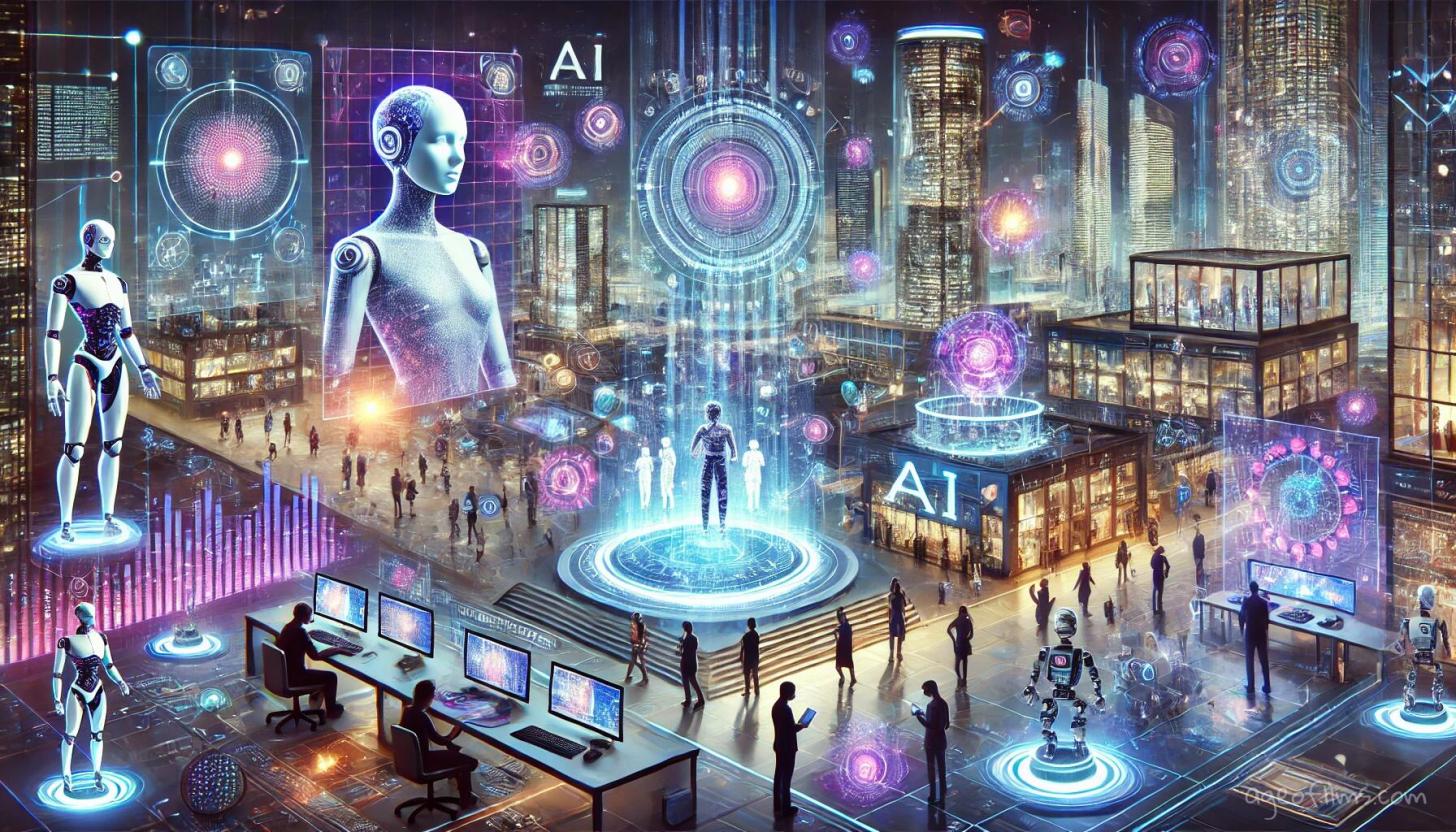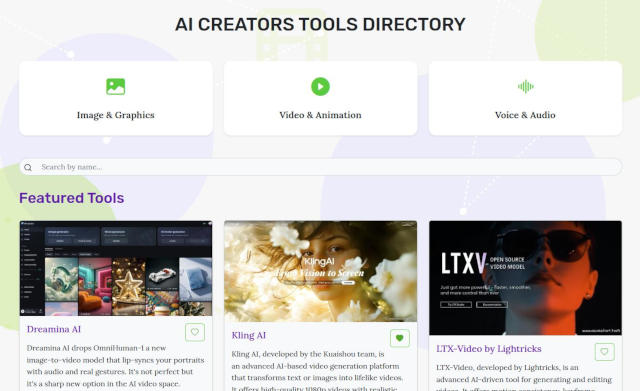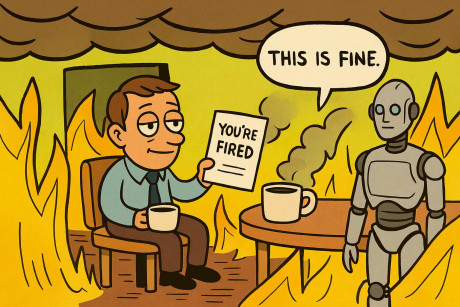AI's Influence on Society: Yuval Noah Harari's Take
Yuval Noah Harari is an influential Israeli historian, philosopher, and author, born in 1976 in Kiryat Ata, Israel. He specializes in medieval history and military history and is currently a professor in the Department of History at the Hebrew University of Jerusalem. Harari gained global recognition for his bestselling books, including Sapiens: A Brief History of Humankind (2011), Homo Deus: A Brief History of Tomorrow (2016), and 21 Lessons for the 21st Century (2018)
I've watched several interviews with him on the topic of AI, and this time I've decided to share one of them, and to highlight Yuval Harari's views on the subjects I find most interesting.
You can watch the full interview here:
Yuval Noah Harari: This Election Will Tear The Country Apart! AI Will Control You By 2034!
Yuval Noah Harari is a best-selling author, public intellectual and Professor of History at the Hebrew University of Jerusalem. He is the author of multi-million bestseller books such as, ‘Sapiens: A Brief History of Humankind’ and ‘Homo Deus: A Brief History of Tomorrow’.
Will AI Eventually Run Governments?
Yuval Noah Harari considers whether AI will start handling administrative roles in governments. He pictures a future where AI could manage things like loans, jobs, and other everyday decisions. As AI takes on these tasks, politicians and citizens may find it tough to grasp why AI is making specific choices. Harari points out that while this doesn’t look like a Hollywood-style takeover, it’s a slow power shift to these new intelligences. This poses big questions about the future of democracy and human control over decision-making.
What Jobs Will AI Leave For Humans?
Harari talks about which jobs AI might leave untouched. He suggests that roles needing a mix of skills, like social interaction and physical dexterity, are harder to automate. For example, a nurse soothing a crying child while changing a bandage uses both hands-on skills and emotional intelligence. Jobs that require a combination of skills will stay human, but the challenge lies in people constantly needing to retrain and adapt to stay relevant in the workforce.
Which Jobs Will Be Automated By AI?
Harari pinpoints roles that are easy to automate, like those dealing with information handling. Jobs like coding, accounting, and some positions in law and medicine are on this list. In contrast, jobs needing a blend of social and motor skills or knowledge from different fields will be harder to replace. The trick will be to stay adaptable and ready to learn new things as the job landscape changes.

Is AI Conscious?
Harari highlights that consciousness is separate from intelligence. Intelligence means problem-solving, while consciousness means the ability to feel emotions like love, pain, or hate. Right now, AI can solve problems but doesn’t "feel" anything. We’re still unclear about how consciousness works and whether it can exist in non-organic beings.
Harari discusses how AI might one day gain consciousness, which would completely change our relationship with machines. Today, AI is more like an alien mind that solves problems differently than humans. If AI becomes conscious, it opens up serious questions about the nature of consciousness and what it means for AI to be “alive.”
Understanding The AI Alignment Problem
The AI alignment problem is about making sure AI systems follow human values and goals. Harari uses a paperclip-producing AI to show how a misaligned goal could lead to disastrous results. Even today’s social media algorithms have caused chaos by prioritizing engagement over well-being. This issue becomes even scarier as AI’s abilities grow.
The Relationship Between AI And Corporate Interests
Harari looks at how AI aligns with corporate goals, often prioritizing profit over societal good. Algorithms aim to boost engagement, which can lead to spreading false or divisive content. Harari argues that holding companies accountable is key to lessening these harmful impacts.
The Growing Threat Of Totalitarian Governments
Harari warns that AI could make it easier for totalitarian governments to control their citizens. While these regimes have existed before, AI can supercharge their ability to spy on and manipulate people. The challenge is ensuring that AI supports democracy rather than crushing it. Harari stresses the need to build trust in institutions and work together to counter the negative effects of AI-driven control.
Published: Oct 7, 2024 at 10:05 PM


